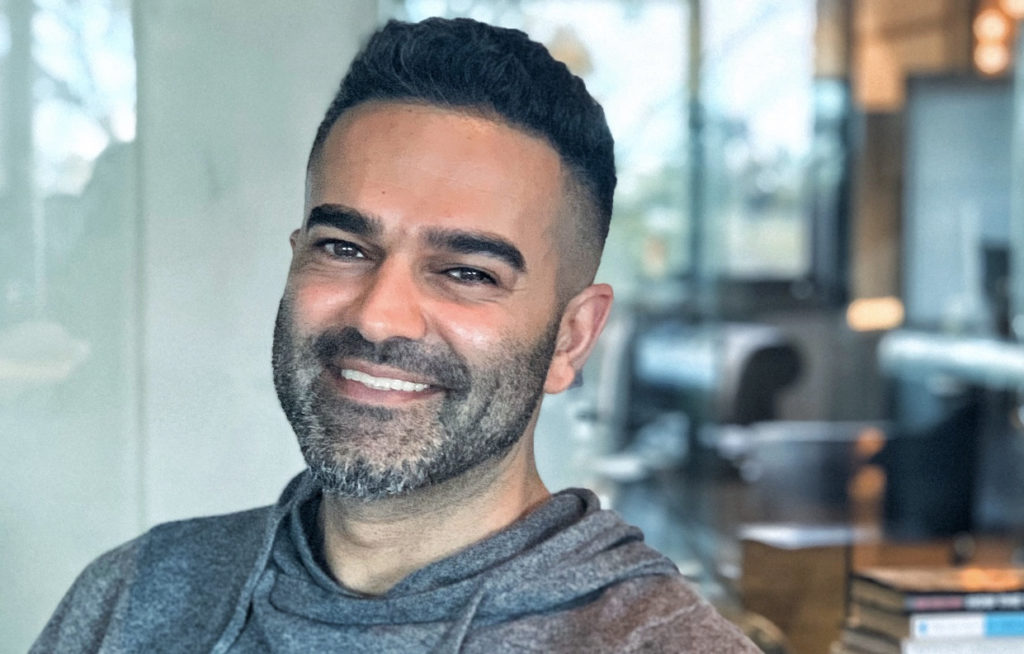Michael “Mikey” Tanha is a highly experienced entrepreneur and environmentalist from Los Angeles, California. Currently serving as president for Tocaya Organica and the Madera Group, Michael has amassed experience as a leader and innovator, spearheading capitalization efforts while managing an executive team overseeing nearly 1,200 company employees.

After spending the first portion of his career in the financial realm, Michael decided to broaden his horizons, considering how he might make the most of his operational expertise in tandem with his passion for environmental preservation. Channeling his past interactions with experienced innovators and entrepreneurs, Michael joined The Madera Group and Tocaya Organica, both of which remained determined to drive the hospitality industry toward sustainability. Michael was instantly intrigued as to how he could contribute to the business’ mission. Today, he serves as the companies’ President and helps the rest of the leadership team oversee a collection of leading restaurant venues, all of which prioritize the environment above all else.
As a fast-casual brand, the Michael Tanha-led Tocaya Organica specializes in “Modern Mexican” cuisine boasting unique and robust flavors and is created solely using the highest quality ingredients. While Tocaya’s menu is based on traditional Mexican recipes, the company strives for flexibility by providing a number of vegan, vegetarian, and gluten-free options — but never at the expense of zest. This casual dining spot has grown out of a singular location in Venice, where it was founded in 2016, to serve residents of Hollywood, West Hollywood, Playa Vista, La Jolla, San Diego, Santa Monica, Century City, Scottsdale, and beyond.
Throughout his professional ventures, Michael Tanha has prided himself on being a hands-on individual; this has helped him carve a progressive, well-rounded niche in his industry and has kept himself and his businesses poised for success. It is this balance that keeps his businesses on-track to achieving their long term goals.
Michael Tanha on Five Great Alternatives to Single-Use Plastic
When it comes to single-use plastic pollution, elimination is the ultimate goal in promoting widespread sustainability. However, this process cannot stop at single-use elimination alone; it must factor in proper replacements and alternatives to ensure a seamless transition.
That said, there are a variety of great alternative materials to single-use plastics — many of which are easy to adopt in tandem with plastic reduction. Here is a quick look at five of these helpful materials.
Alternative straws
Plastic straws remain one of the biggest names on the plastic pollution spectrum; they are small, easily distributed (often in tabletop containers or alongside drinks), and widespread in availability — from nearly all major restaurant chains to grocery stores. Instead of using plastic straws, consumers can instead try straws made of different materials — some of them reusable. These materials include stainless steel, bamboo, and pasta.
Alternative wrap materials
Plastic wrap, while maybe not as prominent as plastic straws, is another primary pollutant, and it is equally replaceable in favor of more sustainable wraps ranging from beeswax cloth to silicone food bags. Perspective, in this sense, is key, as these alternatives may be seemingly less convenient at first, but remind yourself that their use is crucial for general sustainability.
Alternative cotton buds
Cotton buds are arguably even less obvious in the broad plastic pollution conversation, but they have quietly remained a primary contributor to the issue at large — with nearly 1.5 billion buds produced daily (not to mention the nearly 400 buds disposed of, on average, each year). Consider using fluid ear washes, bamboo buds, or organic cotton pads as alternatives to these products.
Alternative cups
Single-use plastic cups are one of the most well-known and well-used products in the world, with over 500 billion cups consumed each year. This staggering number can be easily combated through the use of reusable containers like stainless steel cups, thermoses, mason jars, and tumblers.
Alternative drink stirrers
Though not as common as the plastic cups they may appear inside, drink stirrers are a consistent contributor to the pollution crisis due to a combination of novelty and convenience. To forgo their appeal while embracing these drawing points, try turning to bamboo stirrers or even a vegetable stick to achieve the same effect with little to no environmental impact.
